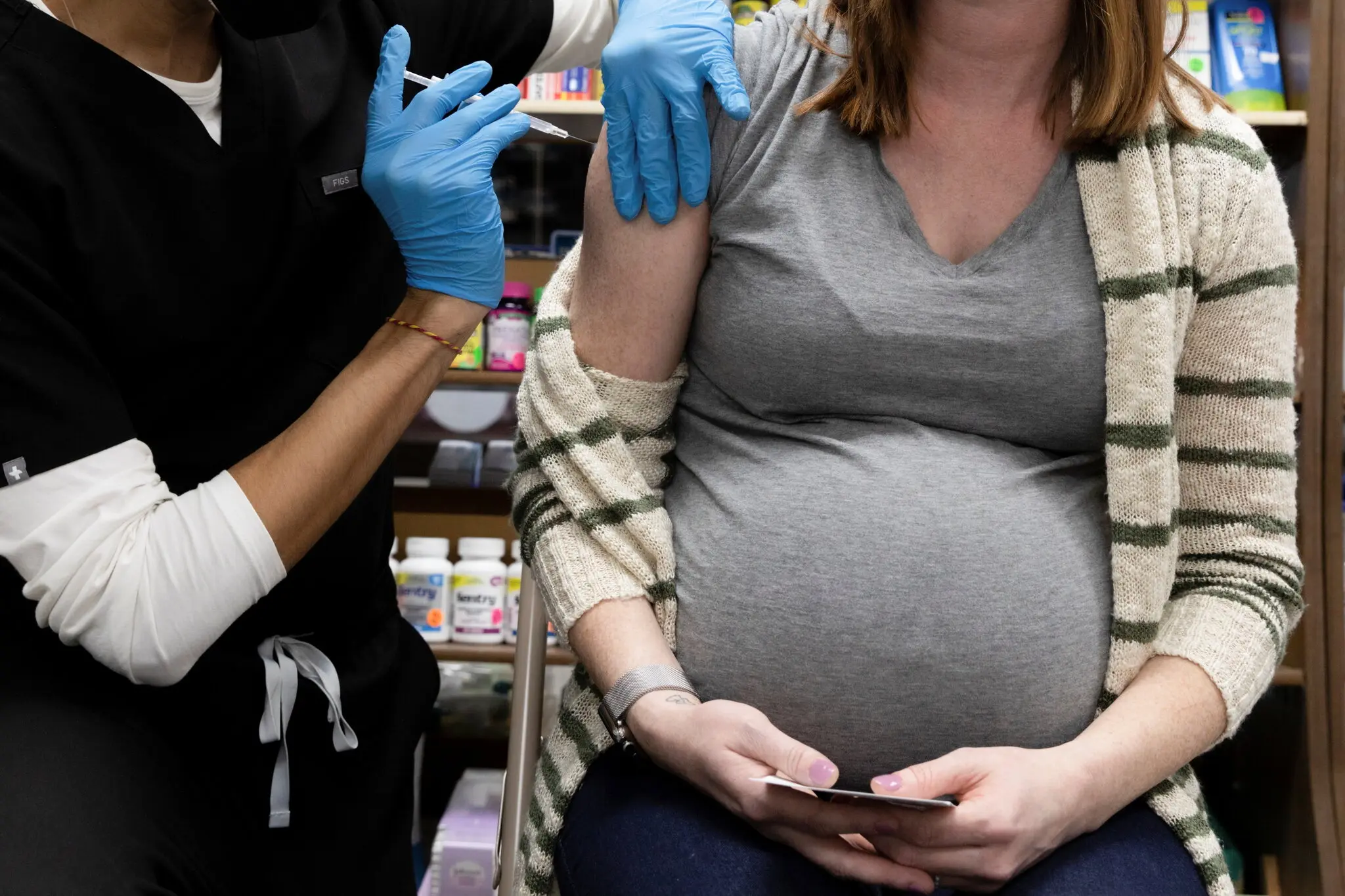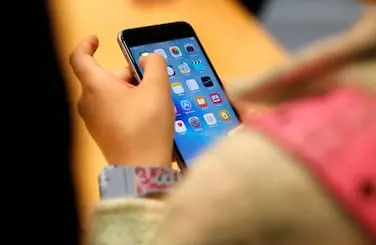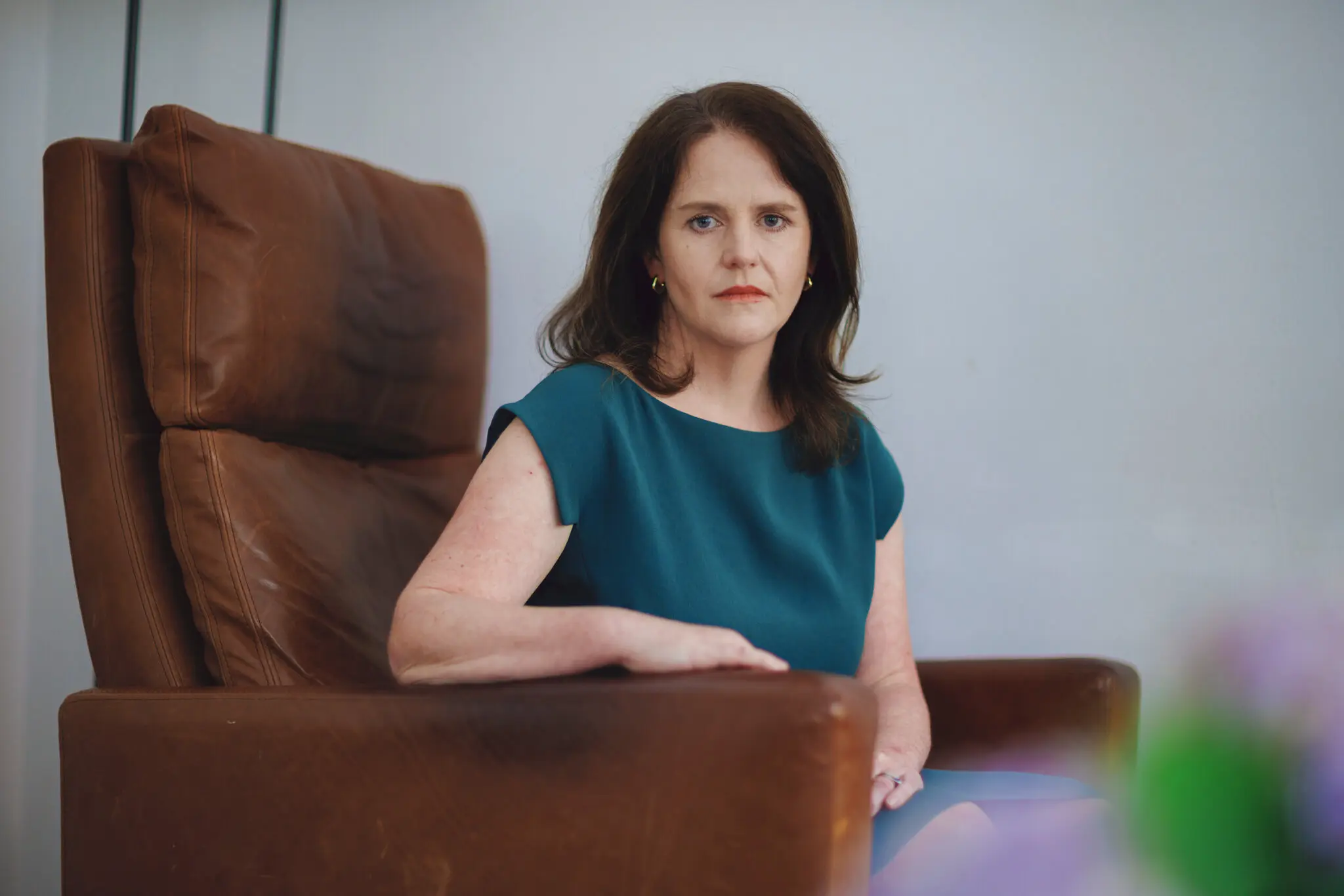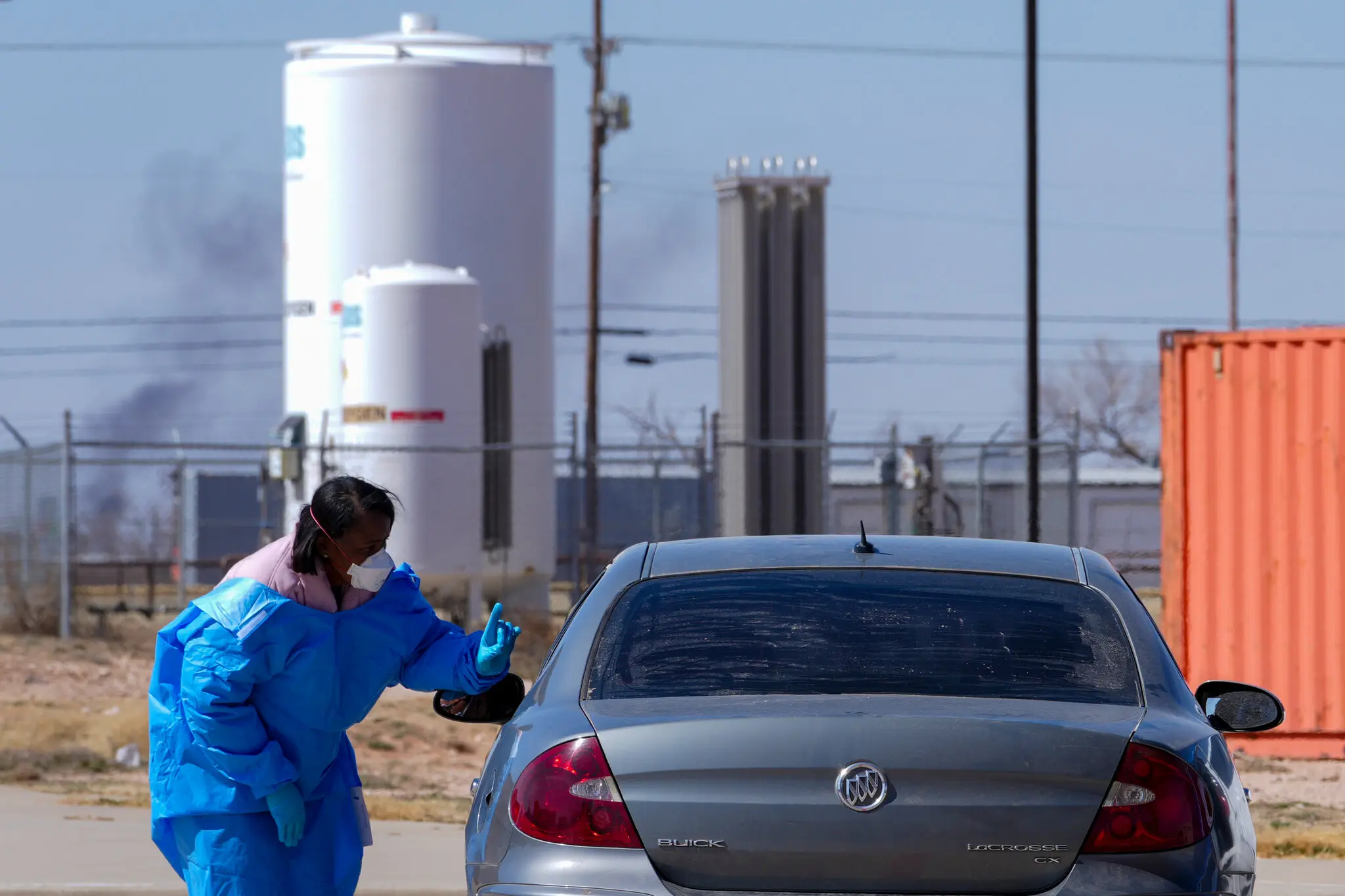Medical Societies File Lawsuit Against Robert F. Kennedy Jr. and HHS Over 'Dangerous' Vaccine Misinformation
Major U.S. medical organizations have filed a federal lawsuit against Robert F. Kennedy Jr. and the Department of Health and Human Services (HHS), alleging that their promotion and tolerance of vaccine misinformation has led to preventable harm, public distrust, and declining immunization rates.
In a landmark legal move, a coalition of major U. S. medical societies has filed a federal lawsuit against Robert F.
Kennedy Jr. and the U. S.
Department of Health and Human Services (HHS), accusing both of promoting or failing to adequately counter vaccine misinformation that has endangered public health and undermined years of immunization progress. The lawsuit, submitted this week in the U. S.
District Court for the District of Columbia, marks one of the most aggressive responses yet by the medical establishment to what it calls the 'growing epidemic of deliberate health disinformation. ' At the center of the case is Kennedy—long a controversial figure in vaccine debates—whose public statements, videos, and social media content are alleged to have contributed directly to a wave of vaccine hesitancy. The Plaintiffs: A Coalition of Medical AuthoritiesThe plaintiffs include the American Academy of Pediatrics, the Infectious Diseases Society of America, the American Public Health Association, and several regional public health coalitions.
Together, they represent tens of thousands of physicians, researchers, and healthcare professionals nationwide. In their filing, the organizations argue that Kennedy—via his nonprofit organization, Children’s Health Defense—has been the primary source of “persistent, high-volume, and medically disproven” claims about the dangers of childhood vaccines and COVID-19 immunizations. “The spread of vaccine falsehoods is not just irresponsible—it’s dangerous,” said Dr.
Monica Patel, a spokesperson for the plaintiffs and an infectious disease expert based in New York. “We have reached a tipping point where lives are being lost because some individuals and institutions prioritize ideology or personal branding over verified science. ”The Legal Claims: Misrepresentation and NegligenceThe suit alleges that Kennedy’s organization has repeatedly disseminated false and misleading information that contradicts overwhelming medical consensus.
Among the specific claims cited are assertions that vaccines cause autism, weaken the immune system, or are part of a broader government conspiracy to control citizens. While courts have historically granted wide leeway to speech under the First Amendment, the plaintiffs argue that the material in question crosses legal lines into fraudulent health claims, incitement of public harm, and intentional interference with public health policy. The lawsuit also takes aim at HHS, alleging the agency failed in its duty to enforce vaccine education standards, monitor disinformation channels, and protect the public from coordinated misinformation campaigns.
“This isn’t just about what Kennedy says,” said Dr. Jerome Liang, a law and bioethics professor at Johns Hopkins. “It’s also about the government’s failure to adequately respond.
That’s what gives this case its legal weight. ”Robert F. Kennedy Jr.
’s ResponseKennedy, currently running as an independent candidate in the 2024 presidential election, has long denied that his views are misinformation. In an official response published on the Children’s Health Defense website, Kennedy called the lawsuit “a political attack disguised as public health concern. ”“They fear open debate,” he wrote.
“The medical establishment is lashing out because more Americans are questioning a pharmaceutical system that has grown too powerful, too profitable, and too unaccountable. ”Kennedy’s campaign spokesperson also noted that his critiques of vaccine policy are “rooted in transparency and parental choice,” not in anti-scientific ideology. A Surge in Vaccine HesitancyThe lawsuit arrives at a critical moment in the U.
S. vaccine landscape. Immunization rates for routine childhood vaccines, such as measles, mumps, rubella (MMR), and DTaP (diphtheria, tetanus, and pertussis), have declined in several states over the past three years.
Meanwhile, flu shot uptake and COVID-19 booster rates have also dropped, particularly among younger populations and in politically polarized regions. Medical experts point to social media as a major contributor to this decline. “Algorithms reward sensationalism, and unfortunately, fear-based narratives about vaccines spread faster than truth,” said Dr.
Lynn Carmichael, pediatrician and board member of the American Academy of Pediatrics. “This case is about drawing a line in the sand. If we don’t hold the worst offenders accountable, the consequences will only grow.
”Social Media Platforms in the CrosshairsWhile the current legal action does not name Facebook, YouTube, or X (formerly Twitter) as defendants, the complaint frequently references these platforms as facilitators of harmful content. According to research submitted as part of the case, Kennedy’s organization gained tens of millions of views across these platforms, particularly during the height of the COVID-19 pandemic. A 2021 report by the Center for Countering Digital Hate labeled Kennedy as part of the 'Disinformation Dozen,' a group of individuals responsible for the bulk of anti-vaccine content on social media.
Efforts by the platforms to moderate or ban Kennedy’s content have been inconsistent. Facebook removed the Children’s Health Defense page in 2022, citing repeated violations, but many similar videos remain available on other networks. The HHS DilemmaOne of the more novel elements of the lawsuit is the decision to name the Department of Health and Human Services as a co-defendant.
The plaintiffs argue that HHS—and by extension, the federal government—failed in its responsibility to ensure factual, consistent, and accessible vaccine information for the public. This includes criticisms of mixed messaging from the CDC early in the pandemic, failure to fund adequate public education campaigns, and the lack of a unified digital response strategy. “The government underestimated how fast and how deeply misinformation could spread,” said Dr.
Liang. “Their slowness and inconsistency created a vacuum—and Kennedy filled it. ”Legal Precedents and HurdlesExperts say the case faces significant legal hurdles.
The First Amendment strongly protects free speech, including controversial or unpopular opinions. Previous attempts to litigate against misinformation—especially by private individuals or nonprofits—have largely failed without concrete evidence of intentional fraud or direct harm. However, the plaintiffs believe that the sheer volume, persistence, and public reach of Kennedy’s statements create a compelling case.
“This isn’t a single tweet,” Dr. Patel said. “It’s a sustained campaign against evidence-based medicine.
And there are measurable harms. ”The suit points to specific communities where measles outbreaks occurred following public anti-vaccine rallies, as well as counties with statistically significant drops in immunization rates linked to viral misinformation campaigns. Public Reaction: Divided and HeatedThe lawsuit has sparked intense debate in both political and medical circles.
Public health advocates have largely praised the move as long overdue, while civil liberties groups and Kennedy supporters argue it represents censorship and an attack on free speech. “I don’t always agree with Kennedy,” said one parent on X, “but this lawsuit is a slippery slope. Who decides what counts as misinformation?”Others see the lawsuit as a necessary counterbalance to unchecked digital influence.
“If science loses to social media algorithms, we all lose,” said Dr. Carmichael. What’s at StakeAt its core, this legal case is about more than just Kennedy or even vaccines.
It speaks to larger questions about institutional trust, digital accountability, and the future of public health in an era of misinformation. If successful, the lawsuit could open new legal avenues for combating false health claims and pressuring platforms and public agencies to act more decisively. If it fails, it could reinforce the limits of current laws in an age of viral content and fractured truth.
“This lawsuit is about accountability,” said Patel. “If you profit from spreading harmful falsehoods—and if you allow it to happen under your watch—you should answer for it in court. ”As the legal process unfolds, one thing is clear: the battle over vaccine messaging is far from over.
And for the physicians and families on the front lines, the stakes are nothing less than life and death.
24th july 2025



